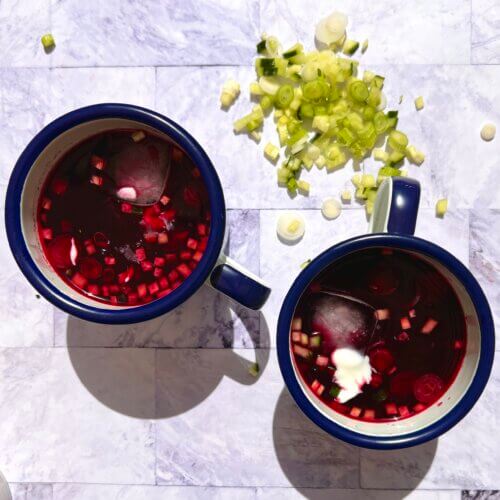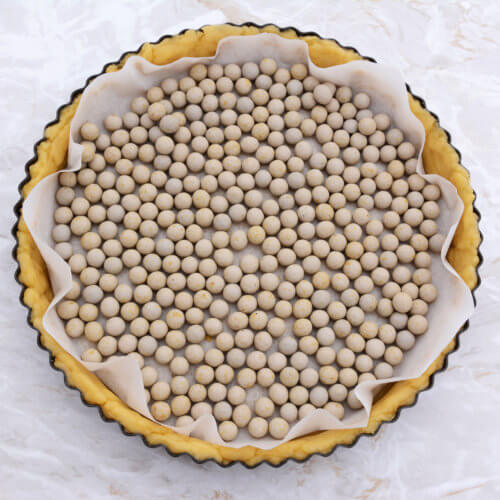Since the Middle Ages beetroot has been used for its magical medicinal powers. The Romans grew it in abundance and it was commonly used to treat a range of ailments including fevers, constipation, wounds and skin problems. Today it is best known for its delicious earthy flavour and vast health benefits. Like their friend the brightly coloured blueberry, beetroots are naturally packed full of powerful antioxidants. It is Betacynin that gives beetroot its colour but also helps to reduce cholesterol and consequently helps reduce the risk of heart disease and strokes. Beetroot also contains essential minerals including potassium, magnesium, silica and iron, helping to boost energy, treat anaemia and fatigue and protect against osteoporosis. It is rich in vitamins too, especially folic acid, which is essential for normal tissue growth, as well as vitamins A, B6 and C. Most recently a study by a US university found that beetroot’s high nitrate content can fight the progression of dementia, as it helps increase blood flow to the brain. Its folic acid content has also been claimed to protect against Alzheimer’s and dementia. But it was a different type of magic power that the Romans loved it for the most. They used beetroot as an aphrodisiac, which has since been thought to have some substance, as one of its components, boron, is known to be directly related to the production of human sex hormones!
Roast it, boil it, turn your risotto bright purple with it, eat raw in a salad, pickled in sandwiches or turn onto a chocolate cake!




